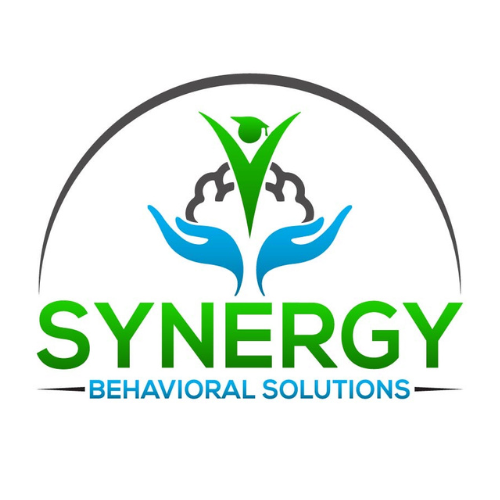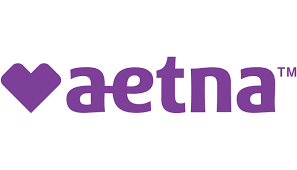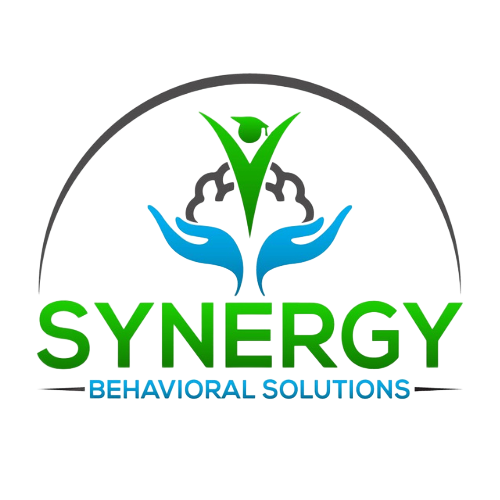
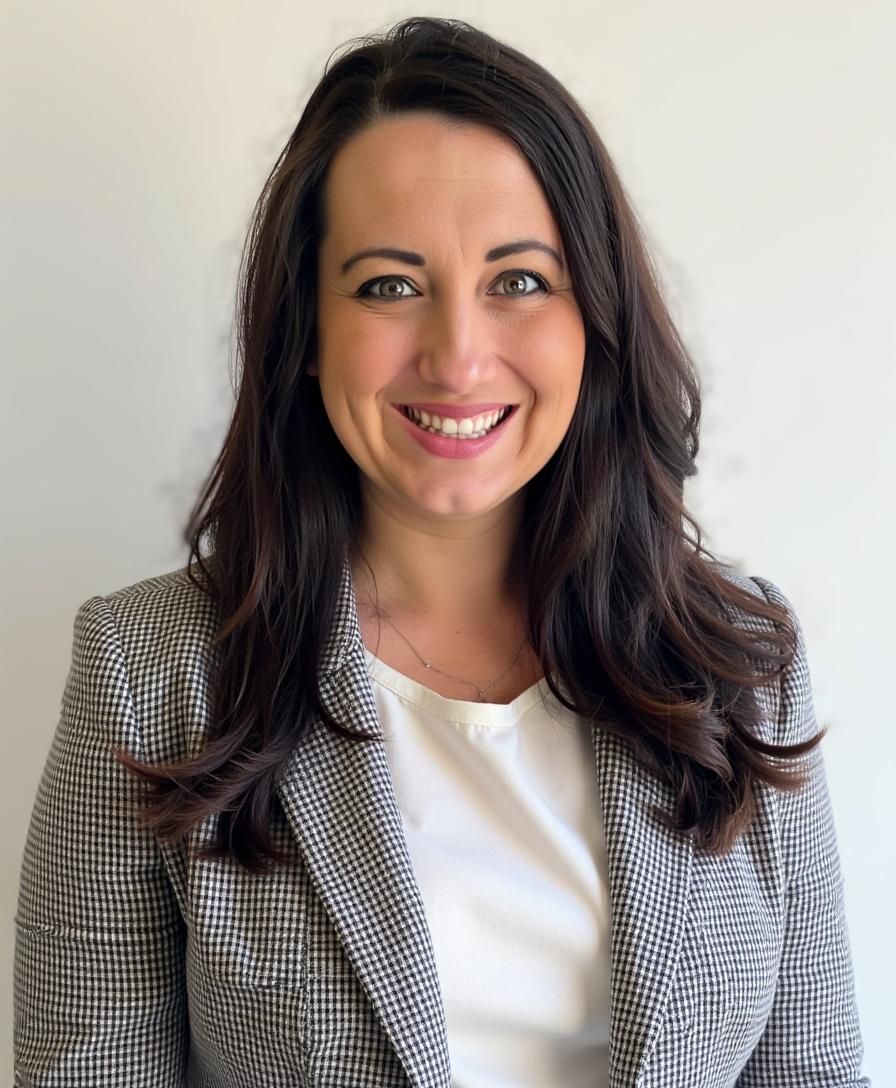
Brittany Boyle, M.A., M.S., BCBA
Founder & Clinical Director, Synergy Behavioral Solutions
Brittany Boyle has worked in the fields of special education and applied behavior analysis (ABA) since 2012. With over a decade of experience, she has dedicated her career to helping children with behavioral challenges, supporting families, and collaborating with school systems to create sustainable, evidence-based programs that make a lasting impact.
Brittany’s passion lies in empowering every child, family, and educator she works with to reach their fullest potential. She believes that meaningful progress happens when data-driven strategies are combined with compassion, collaboration, and consistency.
Brittany holds a Bachelor of Science in Elementary Education, a Master of Science in Special Education, and a Master of Arts in Applied Behavior Analysis. As a Board Certified Behavior Analyst (BCBA), she continues to bridge the gap between home, school, and community settings—ensuring that interventions are not only effective but truly practical in everyday life. She has current Elementary & Special Education teaching licenses in the states of Florida and Minnesota.
OUR PHILOSOPHY
Collaboration is KEY!
At Synergy Behavioral Solutions, we believe that parents are their child’s most powerful advocate. Our mission is to empower families with the tools, knowledge, and confidence to support their child’s growth across every setting.
We believe in teamwork—working hand-in-hand with parents, educators, and communities to create meaningful, lasting change. Through collaboration, compassion, and evidence-based practice, we strive to buildsustainable systems of support that help every child reach their fullest potential.
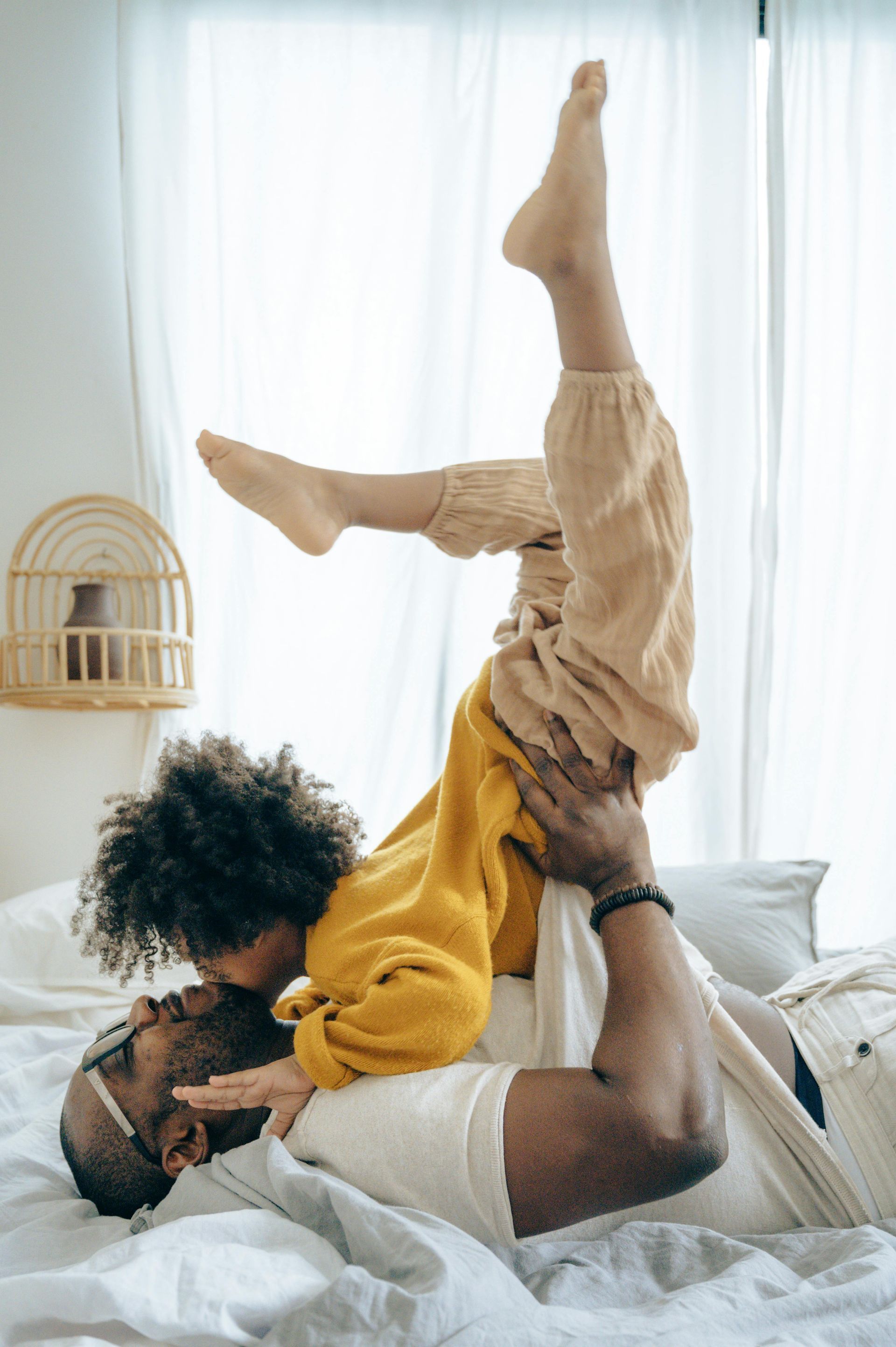
Misbehavior = Missing Skills
Our goal is to help children and adolescents learn the skills they need to thrive at home, school, and in the community.
List of Services
-
Emotional RegulationList Item 1
Recognizing emotions and using coping strategies to manage frustration, anxiety, or anger.
-
Communication SkillsList Item 2
Developing ways to express needs, wants, and feelings (verbal, nonverbal, or through alternative communication methods).
-
Social SkillsList Item 3
Learning how to share, take turns, make friends, and interact appropriately with others.
-
Daily Living Skills
Building independence with dressing, eating, toileting, hygiene, and other self-care routines.
-
Safety and Community Skills
Learning to stay near caregivers, follow safety rules, and navigate community environments safely.
-
Attention and Focus
Increasing on-task behavior, following directions, and completing activities with fewer prompts.
